Walk into any nutrition or supplement store, and chances are you'll be overwhelmed by the sheer number of protein products staring at you from the shelves.
Forearm-sized protein bars, soy isolate, BCAAs, casein, whey, collagen...
How is one to know which protein to pick among the seemingly endless choices?
Whether you’re paleo, keto, vegan, carnivore, or anything in between, there are a few important factors to consider when choosing a protein powder or supplement:
- Amino acid content: If gaining muscle, enhancing performance, or supporting recovery are your goals, then you’ll want to pick a supplement with a full amino acid profile, which is required for muscle protein synthesis (MPS). This is especially important when choosing vegan proteins, as most plant isolates have incomplete amino acid profiles. To get around this issue, plant-based eaters should consider combining proteins with different amino acid profiles to get a full spectrum.
- Ingredient quality: Just like all food and supplements, sourcing is key. Look for protein powders with pure, clean ingredients without added fillers, binders, and sugars. When choosing animal protein, look for grass-fed sources that skip the added hormones and antibiotics.
- Intolerances and allergens: Food intolerances or allergies are another factor to consider when choosing a protein powder. Some individuals are sensitive to dairy, grains, nuts, eggs, or other proteins, which can affect what supplemental protein is best.
With those qualities in mind, you’re about to learn about the most popular, healthy protein supplements on the market—so you can decide which one is best for your unique body.
Essential Amino Acids (EAAs)
While not technically protein, EAAs are the active components of protein that stimulate MPS. Essential amino acids are a group of nine total amino acids—histidine, isoleucine, leucine, lysine, methionine, phenylalanine, threonine, tryptophan and valine—that are considered essential because they must be obtained through dietary sources.
High-quality EAA supplements are absorbed by the body much more rapidly than proteins from other whole-foods sources. Additionally, EAA supplements are 100% EAAs, whereas even high-quality protein sources tap out at approximately 45% EAAs.
And since EAAs are naturally-occurring amino acids in their purest forms, they are typically allergen-friendly, gluten- and lactose-free, don’t spike blood glucose, and are often made from plant sources.
This makes EAAs a great choice for anyone—vegans and carnivores alike—for naturally boosting energy, building lean muscle, and enhancing athletic recovery.
P.S. If you’re surprised we didn’t list BCAAs as a healthy protein source, check out our article on EAAs vs. BCAAs to learn why.
Pea Protein Isolate
Pea protein (unlike peas or legumes themselves) contains low levels of gut-irritating lectins and phytic acid while delivering a complete protein profile when it is extracted through a highly effective hydrolysis process.² It’s particularly high in lysine, arginine, BCAAs, enzymes, vitamins, and minerals.
One study has shown that pea protein is a potent tactic to increase muscle thickness following resistance training since it’s high in the essential branched-chain amino acids leucine, isoleucine and valine.³ Another study demonstrated that pea protein rivals dairy-based protein powder in its ability to keep you feeling full and satiated.⁴
Because pea protein is both gluten-free and dairy-free, it’s especially useful for avoiding gastric distress if you have a sensitivity to lactose, gluten, or gliadin (another common allergen that usually occurs in wheat-containing grains).
The primary downside of pea protein isolate is that it's deficient in the amino acid cystine (an oxidized form of cysteine), which is necessary for the synthesis of many proteins. So if you opt for pea protein, it’s essential to incorporate a cysteine or cysteine-rich protein source into your diet. One that pairs particularly well with pea protein is rice protein, and you'll often see these two together in vegan protein powder blends.
Rice Protein
Rice protein pairs well with pea protein not only because it’s high in cysteine, but also because while rice protein is low in lysine, pea protein contains higher levels, so when taken together, they provide a more complete amino acid profile similar to animal sources.
In fact, when combined properly, these plant-based amino acids provide some of the same body composition, exercise performance, and recovery benefits as whey protein isolate without the potential for negative allergenic effects.
Rice protein may also support liver and heart function, as well as help reduce weight gain thanks to the unique peptides that it contains.⁵ ⁶
Gelatin
If you’ve ever eaten Jello, you’ve eaten gelatin. Gelatin is the product of boiling the skin, bones, and connective tissue of an animal (such as a cow). In fact, you can often purchase bones at your local butcher or health food store so you can make your own.
When you take the collagen derived from skin, bone, and connective tissue and boil it, partially hydrolyze it and dry it, you get gelatin powder, which then can be mixed with hot liquids to form a gel-like substance.
Gelatin is a highly bioavailable source of a full spectrum of long-chain amino acids for muscle support. These amino acids also serve as the building blocks of your own connective tissue, including bones, cartilage, skin, and tendons.
Not only that, but gelatin is 30% glycine, which is known to improve gut health by repairing the intestinal wall and gut lining, making it a potent tactic to enhance your ability to digest the other super fuels you use.
Glycine is also known as an inhibitory neurotransmitter meaning that it helps suppress anxiety and feelings of depression. The equivalent of half a cup of bone broth provides a gut- and brain-nourishing serving of gelatin.
But lest you go galavanting off to purchase some Jello for a post-workout meal, not all gelatin is created equal. Choosing gelatin is like choosing meat: sourcing counts.
Many gelatins are treated with extremely high temperatures or are exposed to air that ends up oxidizing them. Most gelatins also come from cows that are not grass-fed. Consuming those gelatins may actually do more harm than good, as they are often treated with chemicals or sourced from chemical-laden cows and void of any of the nutritional benefits of real gelatin.
And most of the broth at the store, often labeled as “stock,” is no good either, as it is also highly heated and treated with preservatives and chemicals.
As mentioned, it's best to make your own gelatin with bones purchased from a local butcher or health food market. If you're not in the mood for soup or broth, you can also reap the benefits of gelatin by looking for products containing grass-fed gelatin.
Collagen
When hydrolyzed in water, collagen breaks down into gelatin (as you already learned), which means that collagen and gelatin contain the same amino acids with a different chemical structure. Collagen is comprised of short-chain amino acids, while gelatin consists of long-chain amino acids.
Research has shown that collagen is extremely beneficial to the health of your immune system.⁸ Collagen also directly aids in energy production, maintaining healthy DNA, detoxification, digestion, and the repair of joints, tendons, cartilage, skin, nails, hair, and organs.⁹ ¹⁰ ¹¹ ¹²
Collagen protein is made in the same way that bone broth is made, via low and slow heating to preserve the nutrients and amino acids. You may have heard of “hydrolyzed collagen” or “collagen peptides.” These forms are just gelatin that has been more aggressively processed through hydrolysis to provide smaller protein structures, which are more easily broken down and absorbed into your body.
Since collagen is odorless and tasteless, it blends well with just about anything: smoothies, shakes, coffee, and even tea.
Whey
Whey protein is the most affordable and commonly found protein powders. Whey is produced after a substance like lemon juice or rennet (curdled milk) is added to milk to make cheese. The acidity of the lemons or rennet causes the casein proteins in the milk to coagulate, resulting in “curds.” Whey is the liquid that separates from the coagulated casein. This liquid is then dried and turned into powder.
One study found that grass-fed cows contains a higher percentage of beneficial fatty acids than industrially raised cows.¹³ One of these fatty-acid compounds, conjugated linoleic acid, is known to be beneficial for cardiovascular health.
The healthier omega-3 and omega-6 fatty acids found in grass-fed milk are also well balanced and help reduce inflammation from exercise and even improve mood, making grass-fed whey powder an effective choice for building muscle, reducing fat mass, and improving your overall health.
Whey Isolate, a more pure form of whey protein, may be a good option if you have mild lactose intolerance since it contains considerably less lactose than milk. Whey isolate powders have 99.9% of their lactose removed, which may make them excellent protein sources if you are lactose intolerant.
Note: If you have a dairy allergy, you should not consume any whey powders, or should check with your doctor before doing so.
Whey is also be very high in protein, with some whey protein powders—Kion Clean Protein, for example—having up to 20 grams of pure protein in just one scoop. It can be a great option for those who prefer more protein-dense sources versus eating more calorie-dense foods with less protein per serving.
As far as clean ingredients go, whey protein powders can be a hit or a miss. Many commercial whey protein powders are made with milk containing hormones, antibiotics, and GMOs.
This is why it's best opt for a whey powder that is made with pasture-raised, grass-fed milk and contains no hormones, antibiotics, or GMOs.
Ki Points
There you have it: a simplified guide on how to choose the best protein powder. Ultimately, there is no "one" protein source that's best for anyone.
For a variety of benefits, nutrients, and amino acids, you can incorporate each of these protein sources into your diet.
- If you’re looking for a plant-based protein, consider pea protein or rice protein. They are some of the most bioavailable, least allergenic sources available for vegans or vegetarians. Pea and rice protein can even be combined to get a more complete amino acid profile.
- EAA Supplements are another great plant-based option, but unlike pea and rice, they contain all nine EAAs. They are compatible with any diet, highly bioavailable, and the best way to get the amino acids your body needs in the simplest, purest form.
- When it comes to animal-based protein powders, whey isolate is a great choice for building lean muscle, supporting recovery, and weight management.
- To support your connective tissue—including bones, cartilage, skin, and tendons—opt for gelatin.
- And for an odorless, tasteless option that will blend well with shakes, coffee, and even tea—not to mention support hair, skin, and nail health—collagen is the way to go.
Regardless of which protein supplement you choose, always keep bioavailability,
ingredient quality, and your own personal intolerances and allergens in mind.
Clean, Grass-fed Whey Protein Isolate
Buy NowScientific Research
- https://www.ncbi.nlm.nih.gov/books/NBK224629/
- https://www.selfhacked.com/wp-content/uploads/2014/07/Pea-protein.pdf
- https://www.ncbi.nlm.nih.gov/pmc/articles/PMC4307635/
- https://www.ncbi.nlm.nih.gov/pubmed/25882536
- https://www.ncbi.nlm.nih.gov/pubmed/25715660
- https://draxe.com/brown-rice-protein-powder/
- https://www.ncbi.nlm.nih.gov/pubmed/11396606
- https://www.ncbi.nlm.nih.gov/pubmed/12837047
- https://www.ncbi.nlm.nih.gov/pubmed/18651095/
- https://academic.oup.com/jn/article/134/3/489/4688681
- https://openheart.bmj.com/content/1/1/e000103
- https://www.physiology.org/doi/abs/10.1152/ajplegacy.1965.209.1.122
- https://www.ncbi.nlm.nih.gov/pubmed/21774853



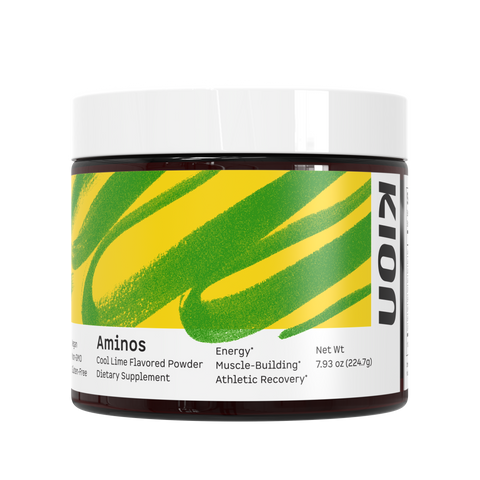
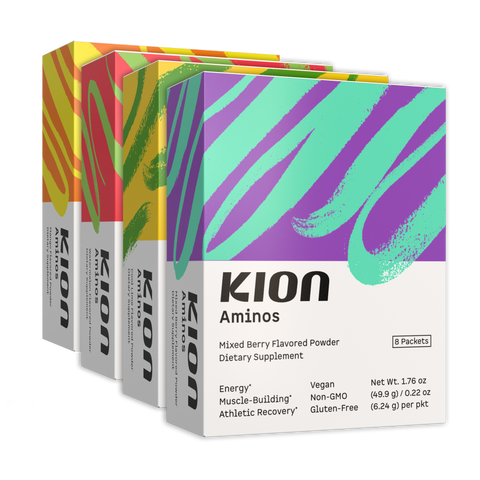
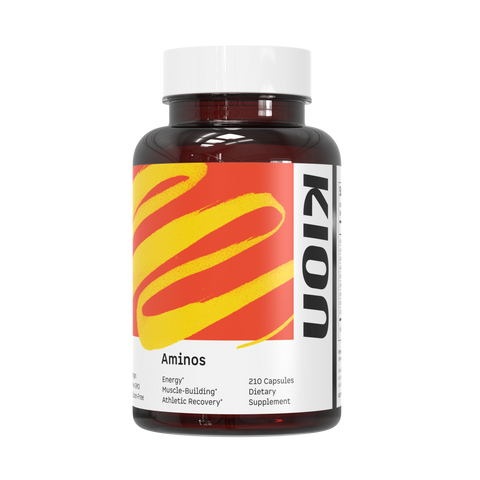
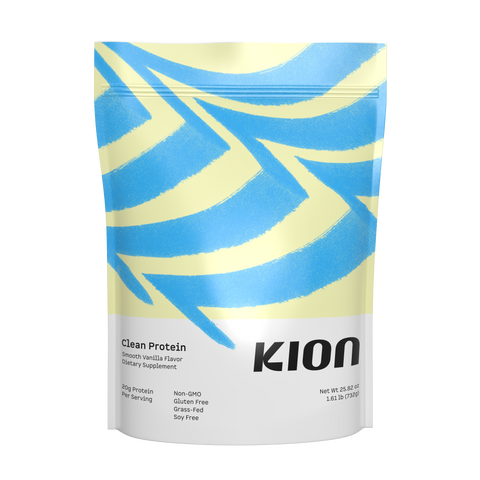
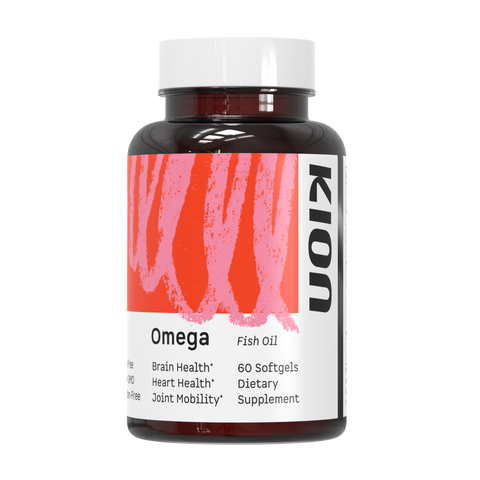
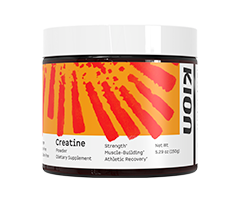
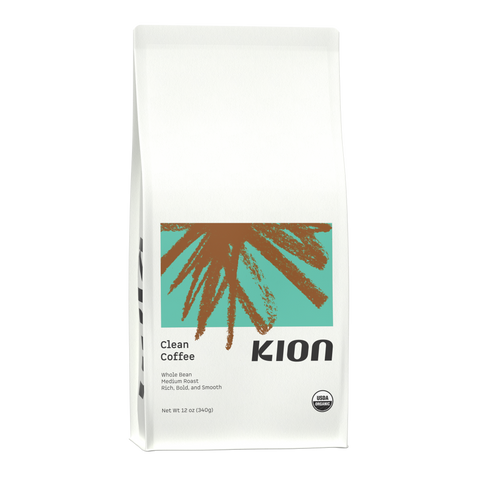
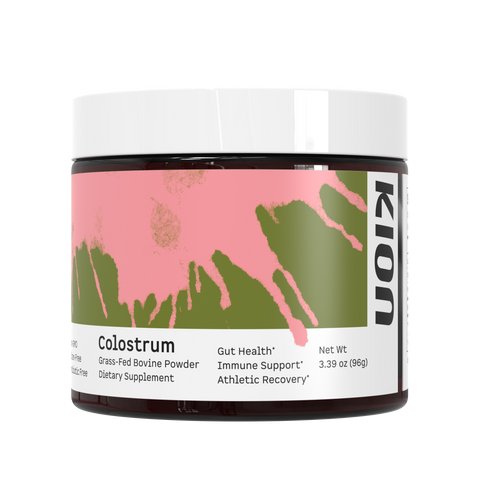
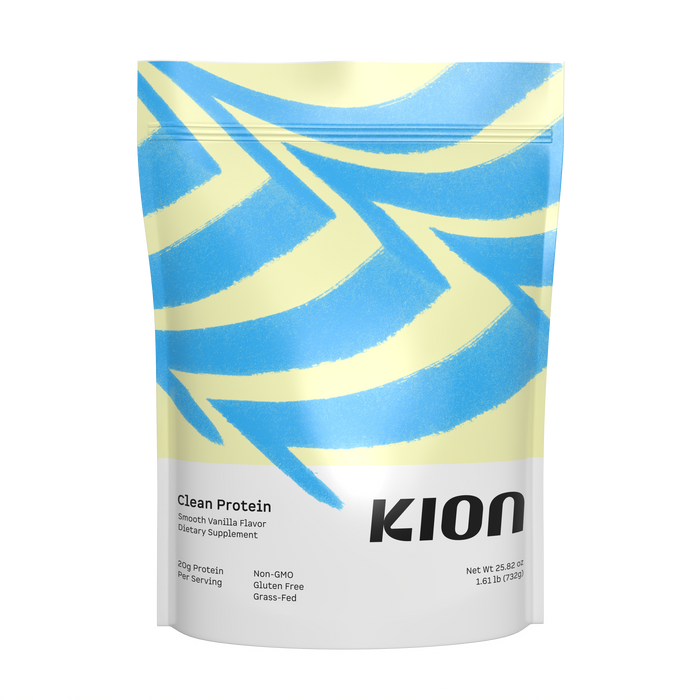







Comments
Wow this article was extremely helpful! I appreciate the education. I just started drinking Kion Clean Protein Whey Powder three months ago after each weight training session three months ago . My functional medicine doctor recommended Kion Powder. Within 3 weeks of starting a 1 gram of protein diet and Kion powder I began lifting double the weight! Honestly, I am not kidding-double the weight. With some machines I am up to 2.5 % more weight. This is crucial to combat my osteoporosis. Thank you!
———
Kion replied:
Just wow! Congratulations, and thank you so much for sharing! We’re so grateful to hear that we can have a positive impact. Kudos to you for putting in the effort to keep going!
Elizabeth Hand on